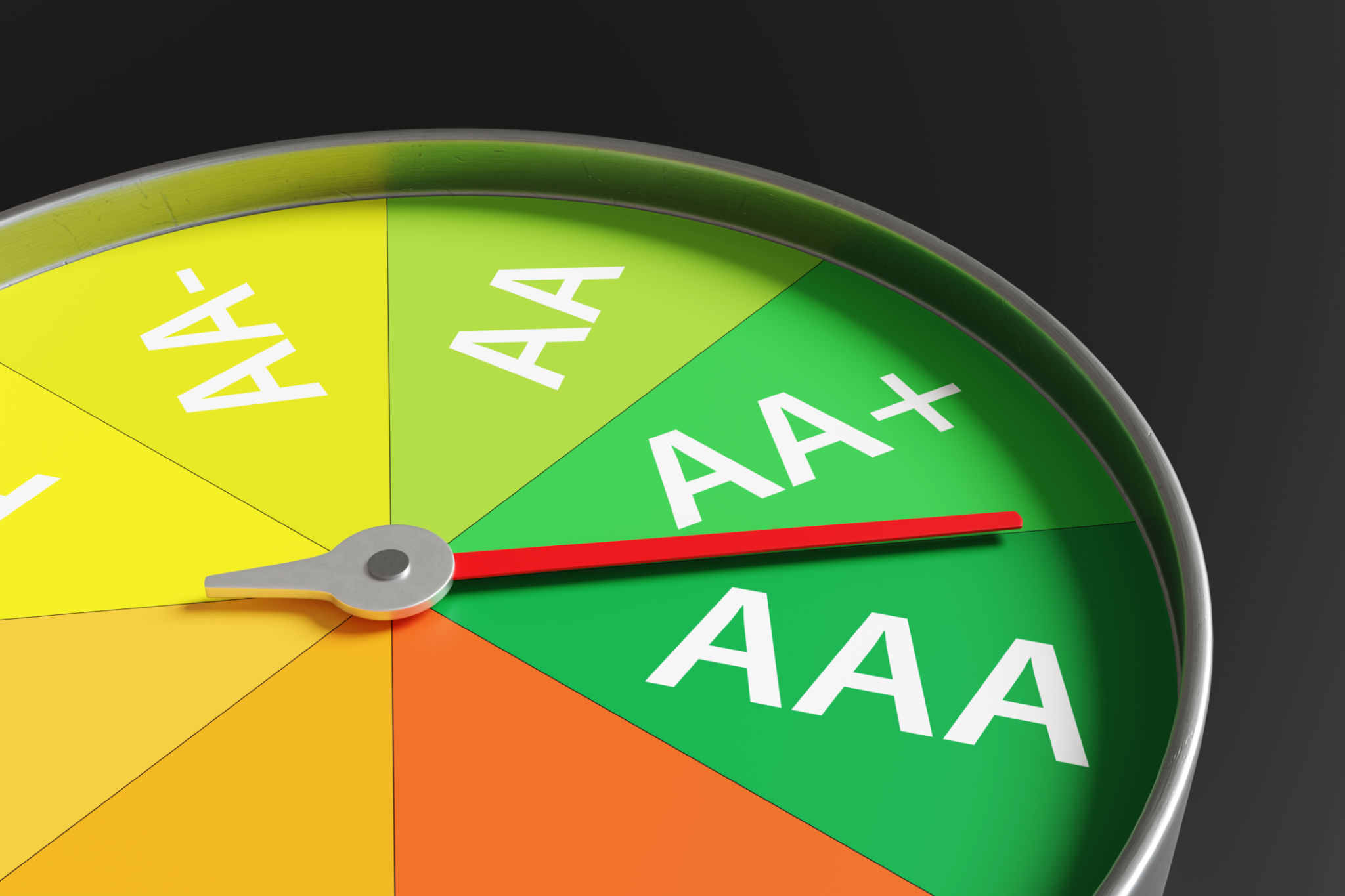Credit Building Myths Debunked: What You Need to Know
Understanding Credit Building Myths
Building credit is an essential part of financial health, yet many misconceptions can lead individuals astray. Understanding the truth about credit building can significantly impact your financial journey. In this post, we will debunk some common myths and provide you with the knowledge you need to confidently navigate the credit landscape.

Myth 1: Checking Your Credit Score Hurts It
A widespread belief is that checking your credit score will negatively affect it. However, this is not entirely true. There are two types of inquiries related to credit scores: hard inquiries and soft inquiries. Soft inquiries, such as checking your own credit score, do not impact your score. It's important to regularly monitor your credit report to ensure accuracy and catch any potential issues early.
On the other hand, hard inquiries—which occur when a lender checks your credit for a loan or credit card application—can impact your score slightly. However, their effect is generally minor and short-lived.
Myth 2: Closing Old Credit Cards Helps Your Score
Many people believe that closing old or unused credit card accounts can improve their credit score. In reality, closing an account can sometimes have the opposite effect. One of the factors in your credit score is the length of your credit history. By closing an old account, you may inadvertently shorten this history, which can lower your score.

Additionally, closing a credit card reduces your overall available credit, potentially increasing your credit utilization ratio, which could also negatively impact your score. It's often better to keep old accounts open and use them occasionally to keep them active.
Myth 3: You Only Need One Credit Card
While having just one credit card can be manageable and less risky in terms of debt, it might not be optimal for building a strong credit profile. Credit scoring models consider the diversity of your credit mix, including credit cards, loans, and other types of credit. Having multiple lines of credit can demonstrate your ability to manage various types of debt responsibly.
- Consider adding a retail card or a secured card if you're starting out.
- Ensure timely payments across all accounts to maintain a positive history.

Myth 4: Paying Off Debts Erases Them from Your Credit Report
Paying off a debt is a commendable achievement, but it doesn't erase the debt from your credit report immediately. Typically, a paid-off account will remain on your report for up to seven years. The good news is that it will be marked as paid, which is seen positively by creditors. This record can bolster your creditworthiness over time.
While the negative impact of any late payments associated with that debt diminishes over time, maintaining a positive payment history on other accounts will help improve your score continually.
The Importance of Staying Informed
Navigating the world of credit can be tricky, but separating fact from fiction is crucial for making informed decisions. By understanding these myths and focusing on maintaining good financial habits, you can build and maintain a healthy credit profile that supports your long-term financial goals.
Remember, regular monitoring and responsible use of credit are key components in building a robust credit history. Stay informed, ask questions, and don't hesitate to seek professional advice when needed.
